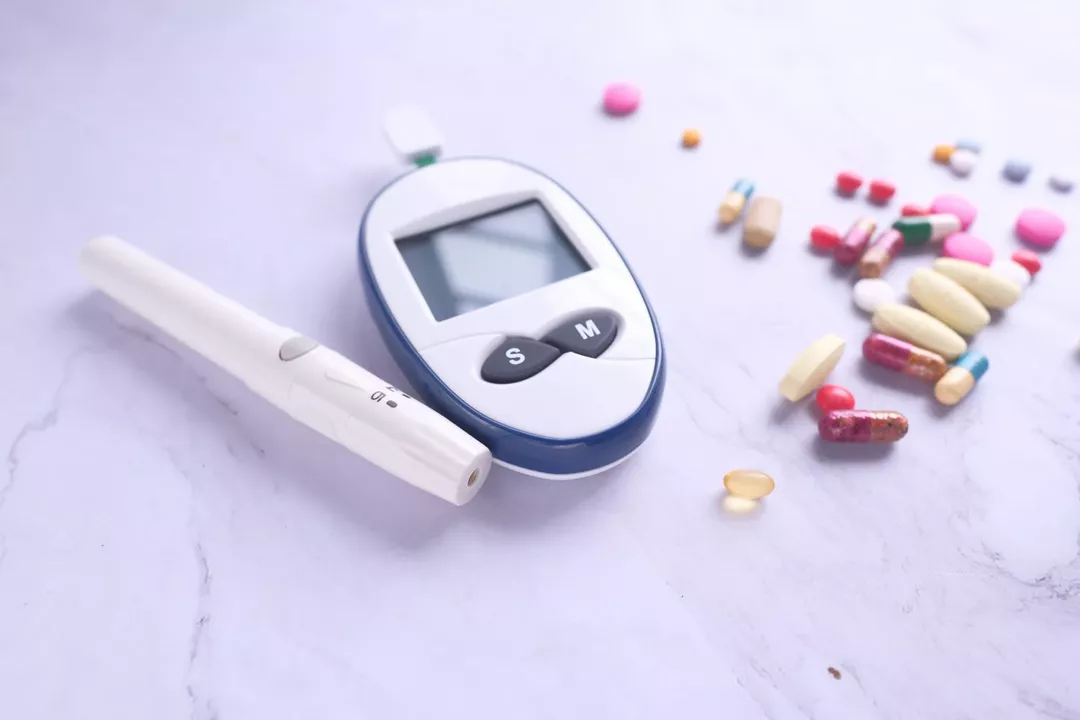Divalproex: What You Should Know About This Medication
Divalproex is a medication doctors often prescribe to treat seizures, bipolar disorder, and migraine prevention. You might also hear it called valproate or valproic acid. It works by helping to balance chemicals in the brain and calm nerve activity. But how does it exactly do this, who should use it, and what should you watch for? Let's break it down plainly.
How Does Divalproex Work?
Divalproex works by increasing a brain chemical called GABA, which helps slow down nerve signals that can cause seizures or mood swings. It basically helps to 'quiet' overactive brain cells. This calming effect makes it effective for preventing seizures and stabilizing mood in bipolar disorder.
If you suffer migraines, divalproex can reduce their frequency by calming the brain's nerve pathways linked to headache attacks.
Who Can Benefit from Divalproex?
Doctors usually prescribe divalproex for people with epilepsy, to stop or reduce seizures. It’s also common for treating manic episodes in bipolar disorder, helping patients maintain a more stable mood.
Migraine sufferers who have frequent attacks might be advised to try divalproex to cut down on how often headaches occur. However, it's not for everyone—your healthcare provider will decide if it's a good fit based on your health history.
What Should You Watch For?
Like all medications, divalproex comes with possible side effects. The most common include nausea, tiredness, dizziness, or weight gain. More serious effects like liver problems, low platelets, or pancreatitis are rare but need immediate medical attention.
It’s crucial not to stop taking the medication suddenly, especially if you have seizures, as this can trigger more or worse episodes. Always follow your doctor's instructions carefully and report any strange symptoms quickly.
Practical Tips for Using Divalproex
Take divalproex with food or milk to reduce stomach upset. Keep a regular schedule and don’t skip doses. If you miss one, take it as soon as you remember but avoid doubling doses to catch up.
Tell your doctor about all other medications and supplements you use because divalproex can interact with many drugs, changing how they work.
Pregnant women should use divalproex only if absolutely necessary, since it may cause birth defects. Discuss risks and alternatives thoroughly with your healthcare provider.
Getting to know divalproex can help you use it safely and effectively. If you have questions or concerns about this medication, don’t hesitate to talk to a pharmacist or your doctor—they’re there to help you get the best results.

Divalproex and Diabetes: What You Need to Know
- Date: 2 Jun 2023
- Categories:
- Author: David Griffiths
As a blogger, I feel it's important to share vital information on topics like Divalproex and its connection to diabetes. Divalproex is a medication used to treat various conditions such as seizures, bipolar disorder, and migraines. However, it's crucial to be aware that this drug may carry a risk of causing high blood sugar levels, leading to diabetes or worsening pre-existing diabetes. It's essential for patients taking Divalproex to monitor their blood sugar levels closely and consult their healthcare provider for proper management. Being informed and proactive about our health is the key to ensuring a better quality of life while managing these conditions.




